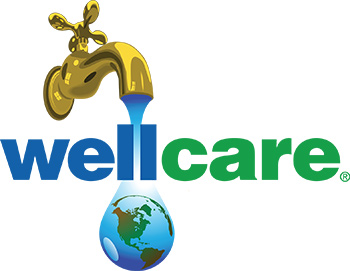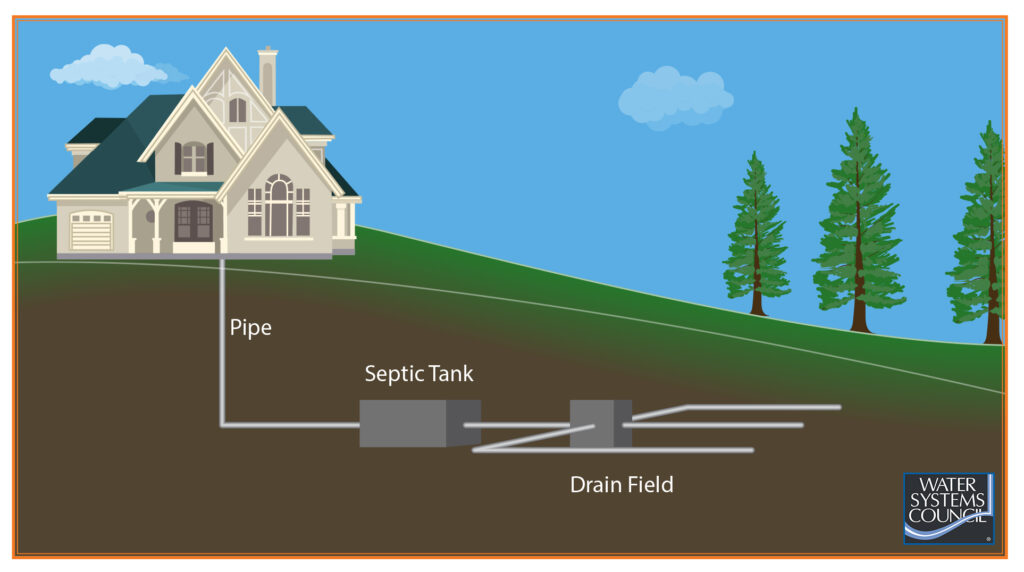SepticSmart Week is September 16-20, 2024
SepticSmart Week reminds us of the importance of caring for and maintaining our septic systems. Just like water well systems, septic systems require regularly scheduled maintenance to ensure they are functioning properly.
Septic System Maintenance
It’s important to create a septic maintenance log and keep it with your well maintenance log or download a free copy from NOWRA’s website.
Proper maintenance of a septic system includes:
- Regular inspection every 1 to 2 years
- Having the system pumped every 3 to 5 years, depending on demand
- Conserving water to reduce the amount of demand placed on the system and prolong its functional life
Demand on a septic system is based on:
- The number of people in your household
- The amount of wastewater generated
- The volume of solids
- The size of your tank
Protecting Your Septic System
Everyone in the household needs to consider what is flushed down the drain into the septic system. Avoid flushing items that can clog the system or chemicals that can contaminate ground and surface water. This courtesy can help reduce damage to the natural function of the septic system.
DO NOT flush grease, fats, oils, bandages, feminine hygiene products, disposable diapers, disposable wipes (even wipes that say “flushable”!), paper towels, kitty litter, cigarette butts, coffee grounds, dental floss, hair, medicines, paint, pesticides, varnish, thinners, waste oil, or other chemicals. Ideally, ONLY water and household detergents are flushed into the system.
The septic system’s drain field must also be protected. The following strategies are recommended to protect the field and prolong its functional life:
- DO NOT drive over the drain field with cars, trucks, or heavy equipment.
- DO NOT plant trees or shrubbery in the drain field area as roots can plug or damage the wastewater distribution lines.
- DO NOT cover the drain field with hard surfaces such as concrete or asphalt. Grass is the best cover because it will help prevent erosion and help remove excess water.
- Divert surface runoff water from roofs, patios, driveways, and other areas away from the drain field.
A properly maintained septic system poses no threat to the groundwater that supplies a household well. However, wastewater from a failing septic system can carry contaminants such as nitrates, harmful bacteria, and viruses into groundwater and potentially the well.
Contact your septic service professional for assistance and maintenance. Download our wellcare® information sheet on Your Septic System for more information.

